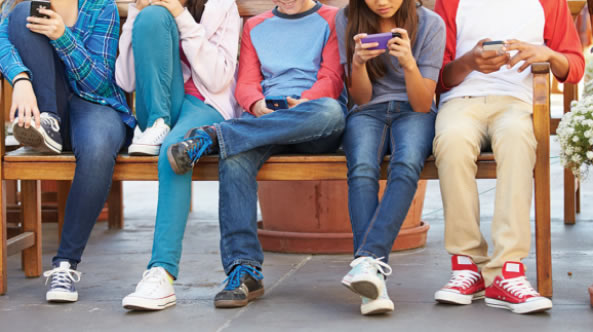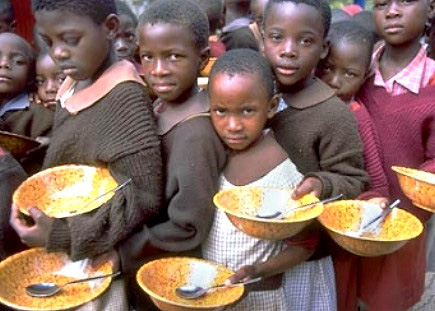UNICEF Removes Controversial Report Which Downplayed Impact Of porn On Children
- Home
- UNICEF Removes Controversial Report Which Downplayed Impact Of porn On Children

UNICEF Removes Controversial Report Which Downplayed Impact Of porn On Children
 The United Nations Children’s Fund’s (UNICEF) has removed a controversial report which asserted that children are unaffected by viewing sexually explicit material.
The United Nations Children’s Fund’s (UNICEF) has removed a controversial report which asserted that children are unaffected by viewing sexually explicit material.
UNICEF in the report titled “Digital Age Assurance Tools and Children’s Rights Online” concluded that pornography may not always be harmful to children.
The report suggested that children could be able to access sexually explicit material according to their age and maturity and that children have a human right to access pornography online and through sex education.
“There are several different kinds of risks and harms that have been linked to children’s exposure to pornography, but there is no consensus on the degree to which pornography is harmful to children,” the report reads.
“Prominent advocates point to research arguing that access to pornography at a young age is linked with poor mental health, sexism and objectification, sexual aggression and other negative outcomes.127 The evidence suggests that some children appear to be harmed by exposure to some kinds of pornography at least some of the time, but that the nature and extent of that harm vary.
“There is conflicting evidence regarding how many children worldwide are accessing pornography online, and how often. Some studies have found that boys are more likely to experience greater exposure to pornography at an earlier age, and they are more likely to be exposed to violent or abusive images such as rape, whereas girls are more likely to be subject to involuntary or problematic exposure. The 2020 EU Kids Online study compared survey findings from 19 European countries and found that in most countries, most children who saw sexual images online were neither upset nor happy (ranging from 27 per cent in Switzerland to 72 per cent in Lithuania); between 10 per cent and 4 per cent were fairly or very upset, and between 3 per cent of children (in Estonia) and 39 per cent (in Spain) reported feeling happy after seeing such images”.
The report (screengrab above) has since been removed from the UNICEF website with unconfirmed edited versions making the rounds on some US right-wing family websites.
Source: Graphic Online
- Share
Classic Ghana
Classic Ghana brings you into a fun world of arts, entertainment, fashion, beauty, photography, culture and all things in between. Let’s explore these together!







